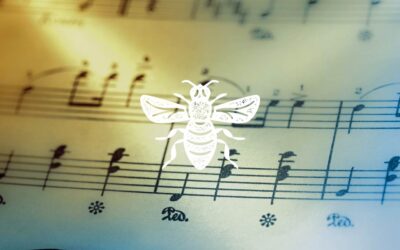Around the Grounds with Bennett: A Slight Mess
Written by Bennett O Dowling, 577 Organic Landscape Horticulturist
With the arrival of frosts, our perennial gardens are beginning to go dormant for the winter. Now comes the question of whether to clean up the garden or let it overwinter as is.
At one time, it was common practice to give the garden a deep clean before winter. Cutting back perennials and raking out fallen leaves was expected. Now, the ecological benefits of a slightly messy garden are being appreciated. When your perennials are allowed to persist through winter, they provide shelter for countless mammals and birds. Invertebrates, many of them beneficial insects, often utilize hollow standing stems as shelter until the milder air of early spring. And amongst all of this dried foliage is a plentitude of seeds to provide sustenance through the season.
The reasons for allowing your perennials to stand through winter also apply to the leaves that fall in your garden. While it is not advisable to leave fallen foliage on the lawn all winter, it is ecologically beneficial to allow leaves to carpet your perennial beds. This provides extra protection for your plants, insulating them from the worst temperatures and preventing the soil from heaving in freezes and thaws. It also provides habitat for countless animals, especially invertebrates such as butterflies and moths.
As for the aesthetics of the slightly messy winter garden, there is much to be appreciated. There are many plants that provide structure and color even when standing dormant. Such can be said for ornamental grasses and the aged flower structures of plants such as Joe Pye weed, sedum, goldenrod, and coneflowers. These architectural plants crystallized with frost or coated in snow provide much more visual interest than an exceptionally tidy, cut-back garden ever could.
This autumn, consider taking a break and allowing the dormant garden to stand proud through the winter. You may just see a little more life in your garden than you ever knew was there.






